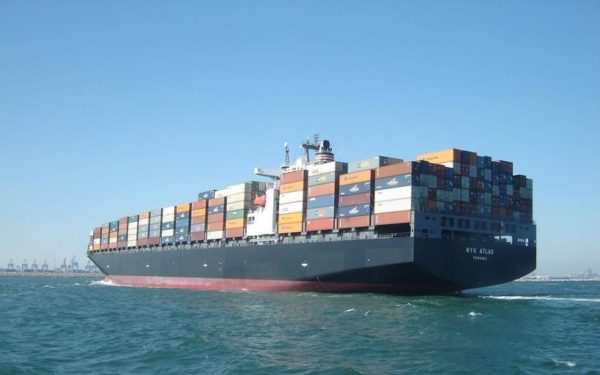On Tuesday, December 5, 2017, the United States Department of Commerce (Commerce) issued a preliminary affirmative rulings that corrosion-resistant steel (CORE) and certain cold-rolled steel flat products (cold-rolled steel) imports from Vietnam made from substrate originating in China are circumventing existing antidumping and countervailing duty (AD/CVD) orders on these steel products from China. Based on this ruling, Commerce will instruct Customs and Border Protection (CBP) to begin collecting cash deposits on imports of CORE and cold-rolled steel produced in Vietnam using Chinese-origin substrate.
CBP will collect AD and CVD cash deposits on imports of CORE produced in Vietnam using Chinese-origin substrate at rates of 199.43 percent and 39.05 percent, respectively. CBP will also collect AD and CVD cash deposits on imports of cold-rolled steel produced in Vietnam using Chinese-origin substrate at rates of 265.79 percent and 256.44 percent, respectively. These cash deposit rates were previously established in the investigations on cold-rolled steel and CORE from China. Duties will apply to all shipments entering the United States on or after November 4, 2016, the date the circumvention inquiries were initiated, that remain unliquidated.
Circumvention rulings such as this are typically imposed when a interested party files a request for investigation upon belief that an existing AD/CVD order is being circumvented. Often, circumvention of AD/CVD orders occurs when producers in a country with an active AD/CVD order against certain products from that country (in this case cold-rolled steel and CORE from China) ship the components (Chinese origin substrate) used to make the product to a third country (Vietnam) where the components are assembled or the product is finished., then imported to the United States claiming the country of origin is the assembling country (Vietnam). Shipments of CORE from Vietnam to the United States increased from two million dollars to $80 million after preliminary duties were imposed on Chinese products in 2015. Likewise, shipments of cold-rolled steel from Vietnam to the United States increased from nine million dollars to $215 million after preliminary duties were imposed on Chinese products in 2015.
Evasion of AD/CVD orders, including evasion of AD/CVD circumvention orders such as this, is actionable under the False Claims Act. Pursuant to the qui tam provisions of the False Claims Act, private parties known as relators, with knowledge of evasion of AD/CVD orders may file a complaint alleging evasion of AD/CVD orders. Under the False Claims Act, the United States can recover up to three times the amount of the duties evaded as well as civil monetary penalties ranging from $10,957 to $21,916 for each false import entry. Further, if the government recovers evaded duties based on the relator’s Complaint, the private party is entitled to receive between 15-30 percent of the amount the government recovers.
Often in AD/CVD evasion cases, False Claims Act relators are competitors of the defendant who gains an unfair advantage in the marketplace by evading AD/CVD orders. This was the case in United States ex. rel. Graphite Electrode Sales v. Amerisource, Inc., a AD/CVD evasion case in which the attorneys of Frohsin Barger & Walthall were pleased to recover $3 million for the United States taxpayers. In that case, FBW client and relator Graphite Electrode Sales received $480,000 for exposing their competitor Amerisource’s AD evasion.
To read more of the GES case, click here.
To learn more about AD/CVD evasion and the False Claims Act, contact Frohsin Barger & Walthall.






Talk with an Expert
Frohsin Barger & Walthall
Call 205.933.4006 or
Send us a Message